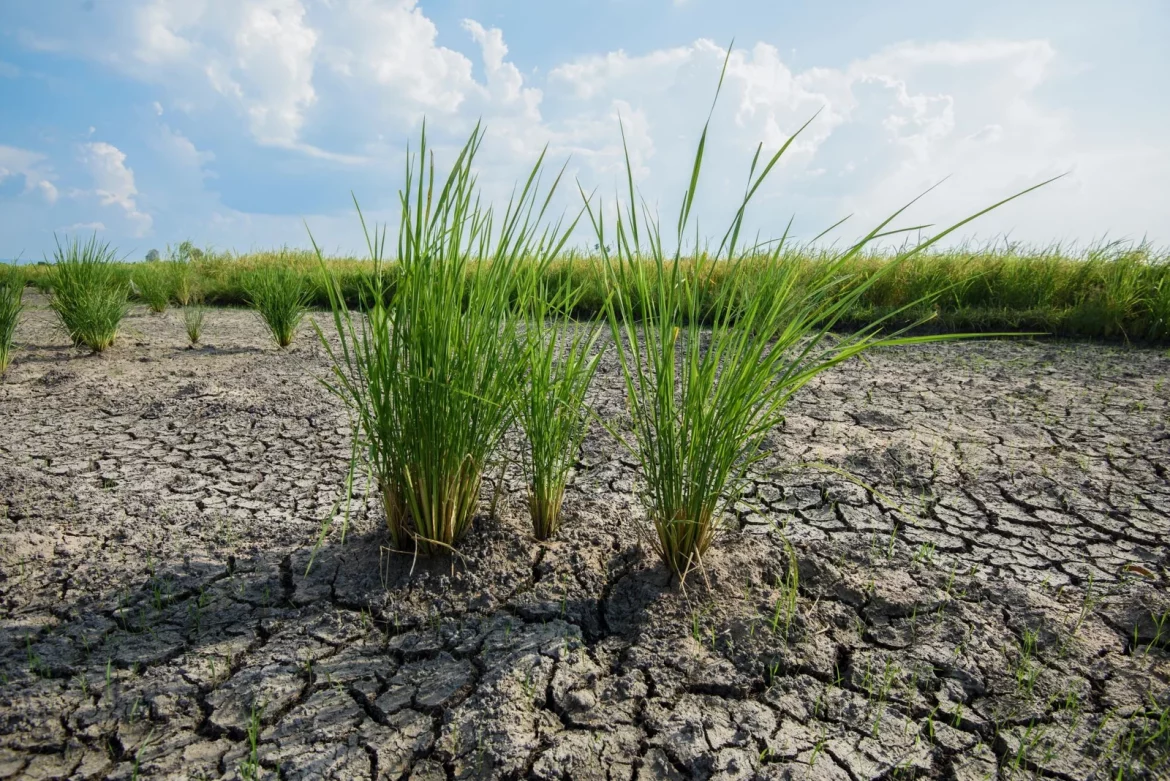Nigeria’s Minister of Innovation Science and Technology, Uche Nnaji has said that climate change remains a major threat to Nigeria’s food system.
The minister made this known at the Commonwealth Roundtable on Climate Finance & Food Security which held at Marlborough house, London, United Kingdom.
In his address, Nnaji said that annual floods in Nigeria destroy over 100,000 hectares of farmland, displacing millions and reducing food availability, adding that over 40 per cent of Nigeria’s inland water bodies are at risk due to pollution and climate change, leading to declining fish stocks and affecting the livelihoods of millions of artisanal fishers.
“Lake Chad Basin has shrunk by over 90 per cent since the 1960s, drastically affecting water supply for irrigation and livestock in the Northeast of Nigeria,”the minister said. “More than 95 per cent of Nigerian farmers rely on unpredictable rainfall, making them highly vulnerable to droughts and erratic weather patterns,”.
Speaking further, he said that Nigeria spends over $10 billion annually on food imports, despite having the potential to be a net exporter of agricultural products. He also noted that over 70 per cent of Nigerians rely on agriculture for their livelihoods, yet only 15 per cent of rural communities have access to electricity, making post-harvest processing infrastructure and storage a major challenge, contributing to more than 50 per cent in food losses.”
Read also: Brazil asks UN to get rid of proposed levy on global shipping
Proffering solutions, the minister said: “Federal Ministry of Innovation, Science, and Technology (FMIST) is committed to deploying science, technology, and innovation as the backbone of Nigeria’s climate resilience strategy. Our National Science, Technology and Innovation Policy (2022) serves as the blueprint for leveraging technology to secure food production, energy access and environmental sustainability.
“In Climate-Smart Agriculture, Nigeria has enhanced food security through innovation by championing tela maize and climate-adaptive cotton, which resist drought, pests and extreme weather conditions, ensuring higher productivity with lower environmental impact.
In digital agriculture & smart farming, Nigeria has adopted the use of AI-driven precision farming, automated irrigation and remote sensing technologies from our space agency. These strategies are helping smallholder farmers predict weather patterns, optimise inputs and minimise losses.
“In clean cooking initiative, Nigeria is adopting a cutting-edge Low Pressurised Compressed Natural Gas (LPCNG) cylinders technology. This strategy will make clean cooking energy affordable, reducing dependence on deforestation-driven biomass fuels.
“While innovation is critical, no solution is viable without sustainable financing mechanisms. Nigeria is committed to unlocking climate finance to scale up these solutions through Green Bonds and Climate Resilience Funds, Commonwealth Climate Finance Access Hub and Public-Private Partnerships.’’
Story was adapted from the Nation.
